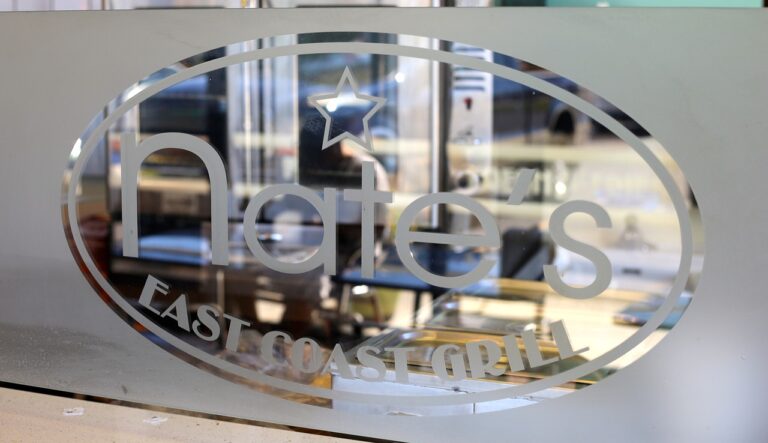Best Practices for Effective Business Performance Reviews
Performance reviews are an essential part of any successful business. They provide employees with feedback on their work, help identify areas for improvement, and set goals for the future. In this article, we will discuss the best practices for conducting effective performance reviews that will benefit both employees and the organization as a whole.
Setting Clear Expectations
One of the most important aspects of a performance review is setting clear expectations. Employees should know what is expected of them in terms of their job responsibilities, goals, and performance metrics. This will help them understand what they need to work towards and how their performance will be evaluated.
Regular Feedback
Feedback should not be saved up for the annual performance review. Providing regular feedback to employees throughout the year is crucial for their development and growth. This can be done through informal check-ins, praise for good work, and constructive criticism for areas that need improvement.
Goal Setting
Performance reviews are an opportunity to set new goals and objectives for the employee. These goals should be specific, measurable, achievable, relevant, and time-bound (SMART). Setting goals that align with the overall objectives of the organization will help employees stay motivated and focused.
Open Communication
Effective performance reviews require open and honest communication between managers and employees. Both parties should feel comfortable discussing performance, goals, and areas for improvement. Encouraging open communication will help build trust and strengthen the working relationship.
Recognizing Achievements
It’s important to recognize and reward employees for their achievements and hard work. This can be done through verbal praise, bonuses, promotions, or other forms of recognition. Acknowledging employees’ successes will boost morale and motivate them to continue performing at a high level.
Constructive Criticism
While it’s important to recognize achievements, it’s equally important to provide constructive criticism when necessary. Feedback should be specific, actionable, and focused on helping the employee improve. Constructive criticism should be given in a respectful manner and with the intention of helping the employee grow.
Training and Development
Performance reviews are a great time to discuss training and development opportunities for employees. Identifying areas where employees can improve their skills and providing them with the resources they need to succeed will benefit both the employee and the organization. Investing in employee training and development shows that the organization values its employees and is committed to their growth.
Performance Improvement Plans
In some cases, employees may be struggling to meet expectations despite feedback and support. In these situations, a performance improvement plan (PIP) may be necessary. A PIP outlines specific steps that the employee needs to take to improve their performance, along with a timeline for achieving these goals. It’s important to document the PIP and monitor the employee’s progress closely.
Conclusion
Effective performance reviews are a valuable tool for improving employee performance and driving business success. By following these best practices, organizations can create a culture of feedback, growth, and continuous improvement. Investing time and effort into conducting meaningful performance reviews will benefit both employees and the organization in the long run.
FAQs
Q: How often should performance reviews be conducted?
A: Performance reviews should ideally be conducted at least once a year, but some organizations choose to have them more frequently, such as bi-annually or quarterly.
Q: What should be included in a performance review?
A: A performance review should include a discussion of the employee’s job responsibilities, goals, achievements, areas for improvement, feedback, and goals for the future.
Q: How should managers prepare for a performance review?
A: Managers should gather feedback from coworkers, document the employee’s performance throughout the year, review the employee’s goals and objectives, and prepare specific examples of the employee’s achievements and areas for improvement.
Q: How can employees prepare for a performance review?
A: Employees should review their job responsibilities, achievements, and areas for improvement, gather feedback from coworkers and clients, and come prepared to discuss their goals and objectives for the future.
Q: What should be the outcome of a performance review?
A: The outcome of a performance review should be a clear understanding of the employee’s performance, areas for improvement, goals for the future, and any necessary actions or next steps, such as a performance improvement plan.






